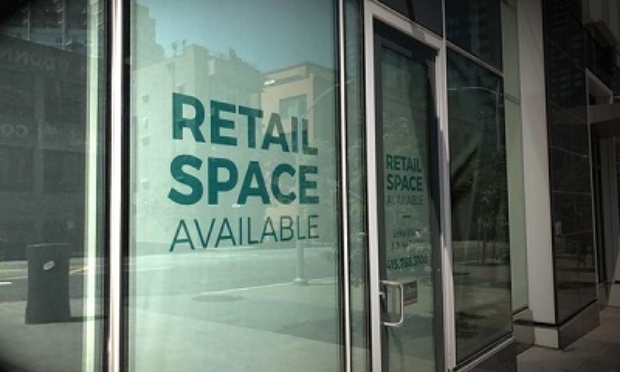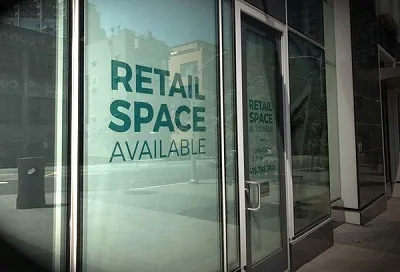 Online ordering, and Amazon’s development has led to an unpredictable but declining retail market by most accounts. Every month it seems, the news is covering a different retail chain that is struggling to maintain its customer base. Meanwhile, the advent of social media has enabled so-called “pop-up shops” to open, and begin selling in short order to already connected customers. These factors together explain in part why the pop-up shop is growing so quickly in so many retail settings.
Online ordering, and Amazon’s development has led to an unpredictable but declining retail market by most accounts. Every month it seems, the news is covering a different retail chain that is struggling to maintain its customer base. Meanwhile, the advent of social media has enabled so-called “pop-up shops” to open, and begin selling in short order to already connected customers. These factors together explain in part why the pop-up shop is growing so quickly in so many retail settings.
“Pop up” is a general description here, and could refer to any form of non-traditional lease with shorter, more informal terms. Some pop-up shops might simply be single day or weekend-long merchandise installations in an existing store, while others could refer to something more like a short-term commercial lease.
Pop-Up Shops Benefit Retail Owners
The pop-up model is great for a business owner in this way, because the storefront can open on a trial or short-term basis. Whether traffic or general demand will be adequate in any given area is a major decision for businesses that need to commit to a long term lease. This flexibility can make or break an entrepreneur’s decision to take the leap to a full shop. Aspiring retailers will likely more often be requesting pop-up arrangements rather than a full leases, as this type of business model grows.
Pop-up Friendly Landlords Will Reap the Rewards

When consumer sentiment changes, business owners too will want better options – and successful commercial landlords will need be flexible to this evolution. Most building and plaza owners want reliable income, which might have once meant large or established national stores. But those owners who can dedicate at least some temporary or shared space will encourage newer and more vibrant businesses into their properties.
How to Negotiate a Pop-Up Lease
The goal of a pop-up lease is to simplify payments and obligations between the landlord and tenant. In most instances, this takes the form of a “pop-up license,” where the landlord becomes the “licensor” and the tenant a “licensee.” Unlike a tenant though, the licensee doesn’t always pay for the associated insurance or utility costs for water or heat, perhaps even electricity. In exchange, the licensor can evict or “relocate” a licensee with little notice or formality, which should avoid drawn out landlord-tenant conflicts.
Just as many business owners may not be ready for these types of agreements, older Massachusetts attorneys might be similarly uncomfortable with the newer, more flexible commitment model. Any interested business and/or building owner should obviously hire legal counsel familiar with pop-up and temporary retail tenancies, in order to ensure the right balance between benefits and obligations is struck. The concepts in these arrangements are not complex, but people generally ar
Where to Find Pop-Up Opportunities on Cape Cod
The Cape, a region with a strong seasonal economy, is actually an area somewhat familiar with the temporary and short-term use of commercial real estate. Storefronts of this kind, whether ice cream parlors or gift shops, have long operated only in the warmer months. So many landlords are familiar with the concept, though perhaps not under a “pop-up” model. Still many are using this phrase to attract would-be tenants who are looking for space & opportunities.
While there can never be a complete listing of pop-up opportunities, a simple browser search for “pop-up stores” in any given town would reveal some of the more frequent locations and regions. Consulting local chambers like the Cape Cod Chamber of Commerce, or organizations like Live.Love.Local would also probably yield a lot of promising leads. One of the more exciting and dynamic opportunities we’ve heard of recently, for example, concerns an “E for All Alumni” (“Entrepreneurship for All”) store, right around the corner from this law firm’s office in Mashpee Commons.
Where to Start
Different businesses require different considerations when it comes to legal needs, and a risk/liability analysis, as well as a business plan overview is usually where the conversation begins. But wherever entrepreneurs and building owners are in their plans, all are encouraged to write or call any time to set up an appointment with a business attorney to create a pop-up store.




